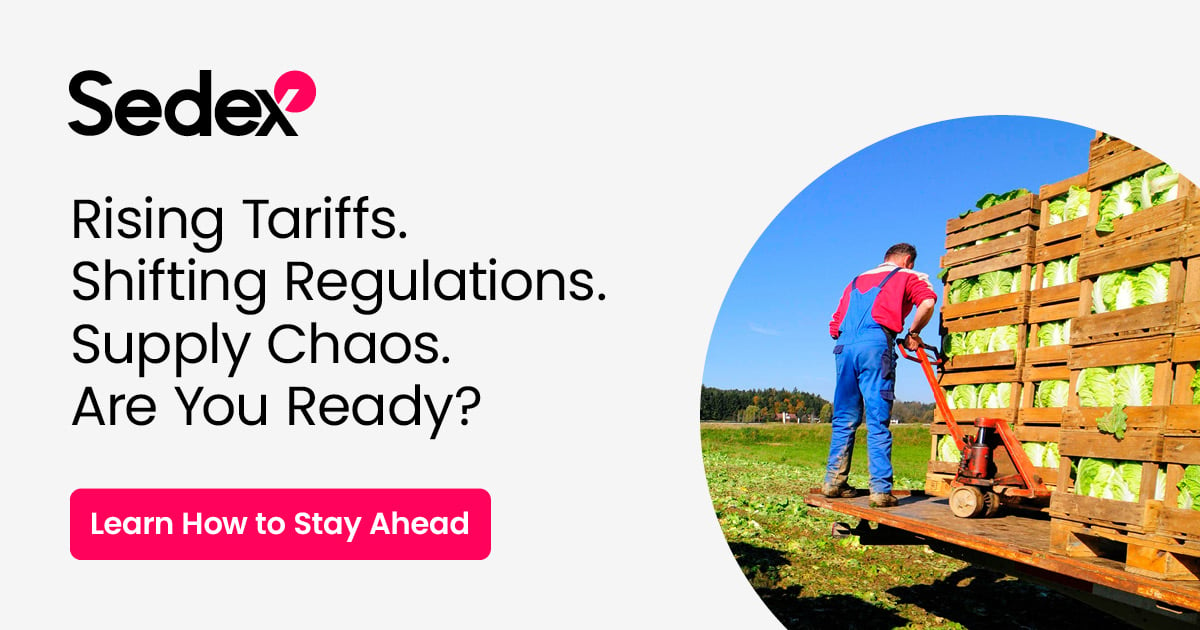Legislation: Conflict Minerals Regulation
Who does it apply to?
EU-based importers of tin, tantalum, tungsten, and their ores, and gold.
What it means for businesses
EU importers of tin, tantalum, and tungsten, and their ores and gold areas need to report on supply chain due diligence obligations.
Importers sourcing these minerals from conflict-affected and high-risk areas must provide extra information like which mine was used.
Due diligence is recognised as “an ongoing, proactive and reactive process through which economic operators [businesses] monitor and administer their purchases and sales with a view to ensuring that they do not contribute to conflict or the adverse impacts.”
Third-party auditing and public reporting are stated as actions companies can take.
Status: Effective from January 2021.
Read more
Legislation: Forced labour product ban
In September 2022 the European Commission proposed a law to ban products made with forced labour from the EU market. It won’t come into effect for at least two years, and there’s still a lot we don’t yet know, but it could be hugely significant for businesses – so we recommend starting to prepare for it.
Who will it apply to?
All products, sectors and businesses in the European Union (EU). The legislation would ban any products, including their components, made with forced labour from the EU market – even if the forced labour has taken place outside of the EU.
What it could mean for businesses
Where authorities in EU countries suspect that forced labour has been used to make a product or any of its parts, they would carry out an investigation. If they find that forced labour has been used, they can ban and seize the relevant items – causing disruption and financial loss to businesses. EU countries may also introduce fines or other penalties.
Status: In draft, expected to apply from 2025 or 2026. The European Commission’s proposal is now being reviewed by other EU governing bodies, and there will be a preparation period after the final version is signed into law.
Read more
Legislation: Non-Financial Reporting Directive
Who does it apply to?
Approximately 6,000 large companies and groups across the EU, including:
- Listed companies
- Banks
- Insurance companies
- Other companies designated by national authorities as public-interest entities.
What it means for businesses
Eligible companies must publish reports on the policies they implement in relation to:
- Environmental protection
- Social responsibility and treatment of employees
- Respect for human rights
- Anti-corruption and bribery
- Diversity on company boards (in terms of age, gender, educational and professional background).
Companies are given flexibility on how they disclose. They can use the UN Global Compact (UNGC) framework, OCED Guidelines, or the ISO 26000 framework.
Status: Effective from January 2018.
Read more
Legislation: Sustainable Finance Disclosure Regulation
Who does it apply to?
- Fund management companies
- Asset management companies
- Institutional investors
- Financial advisors
- Certain other regulated firms in the EU.
What it means for businesses
Eligible companies must disclose whether they consider negative impacts on the environment and social justice of their investment decisions and advice.
Companies must publish a statement on the due diligence policies and related actions concerning principal adverse impacts of investment decisions on sustainability factors.
Status: Effective from March 2021.
Read more
Legislation: Corporate Sustainability Due Diligence Directive
Who does it apply to?
- EU companies with more than 1,000 employees that generate a turnover greater than EUR 450 million worldwide.
- Non-EU companies that generate a turnover greater than EUR 450 million in the EU each year.
What it means for businesses
The Directive outlines responsibilities for businesses regarding the social and environmental impact of their own operations, their subsidiaries’ operations, and their suppliers’ operations. It sets out companies’ responsibility to identify risks, prevent adverse impacts in their supply chains and operations, communicate progress, and provide remedy where appropriate.
Companies will be legally responsible for respecting workers’ rights, through tackling issues such as child or forced labour and discrimination. Companies of a certain size will also have to adopt a plan to ensure that their business strategy is compatible with limiting global warming to 1.5°C, in line with the Paris Agreement.
Status: Adopted at EU-level in July 2024. EU countries (Member States) have until July 2026 to translate the Directive into national laws, with these laws being enforced from July 2027.
Read more





